Entry Category: Government and Politics
Foster, William Franklin (Bill)
Fowler, Absalom
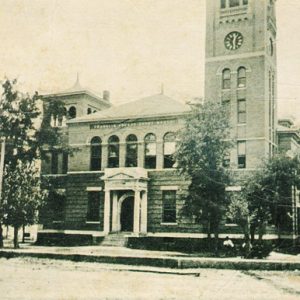 Franklin County Courthouse
Franklin County Courthouse
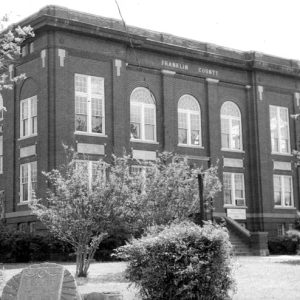 Franklin County Courthouse
Franklin County Courthouse
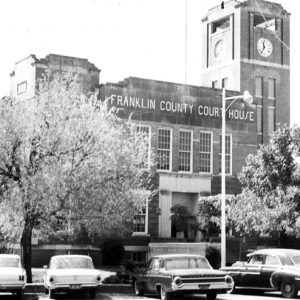 Franklin County Courthouse
Franklin County Courthouse
Frauenthal, Max
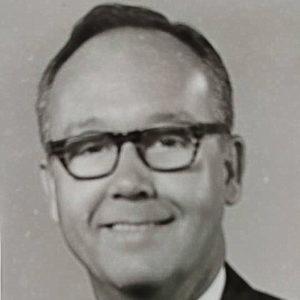 George Frazier
George Frazier
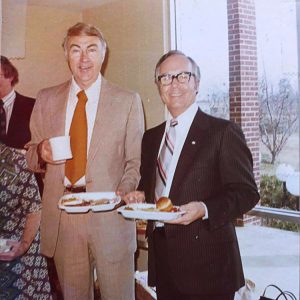 George Frazier and Haskell Jones
George Frazier and Haskell Jones
Frazier, George Thomas
Freedmen’s Bureau
aka: Bureau of Refugees, Freedmen, and Abandoned Lands
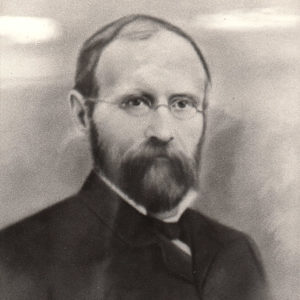 Jacob Frolich
Jacob Frolich
Frolich, Jacob
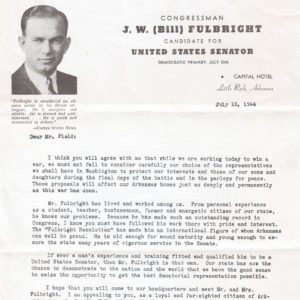 Fulbright Campaign Letter
Fulbright Campaign Letter
Fulbright Memorandum
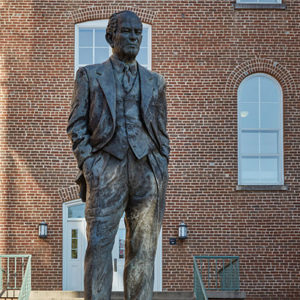 Fulbright Statue
Fulbright Statue
Fulbright, Bill
aka: James William Fulbright
aka: J. William Fulbright
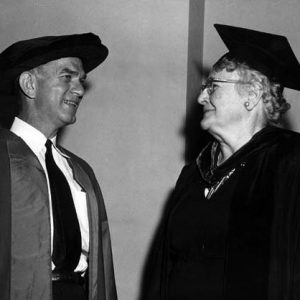 Bill Fulbright
Bill Fulbright
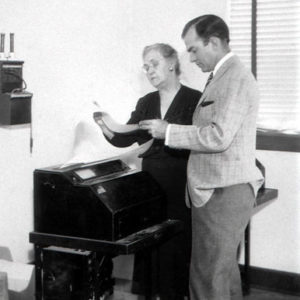 Roberta and Bill Fulbright
Roberta and Bill Fulbright
Fulks, Clay
Fuller, Claude Albert
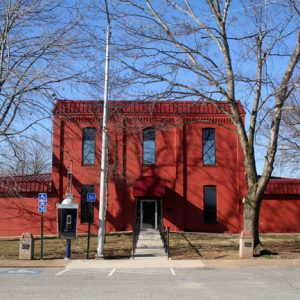 Fulton County Courthouse
Fulton County Courthouse
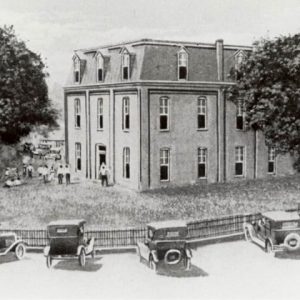 Fulton County Courthouse
Fulton County Courthouse
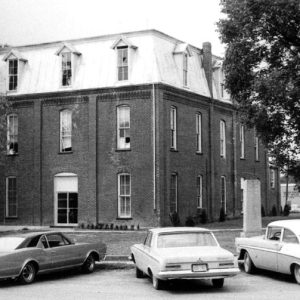 Fulton County Courthouse
Fulton County Courthouse
Fulton, William Savin
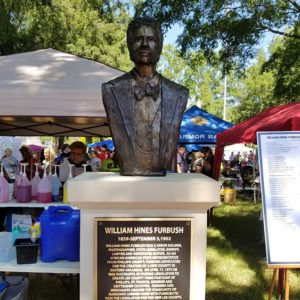 Furbush Bust
Furbush Bust
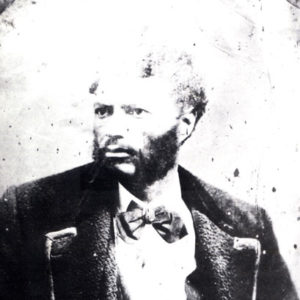 William Furbush
William Furbush
Furbush, William Hines
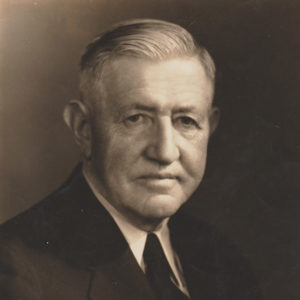 J. M. Futrell
J. M. Futrell
Futrell, Junius Marion
aka: J. Marion Futrell
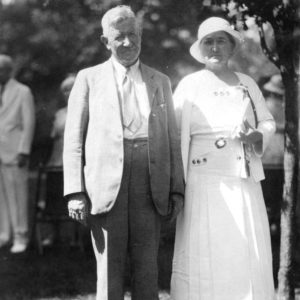 Futrells
Futrells
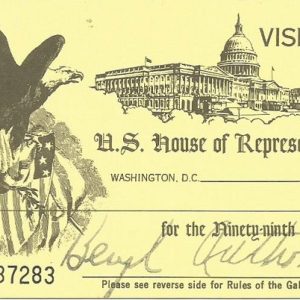 Gallery Pass
Gallery Pass
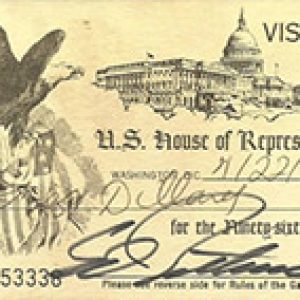 Gallery Pass
Gallery Pass
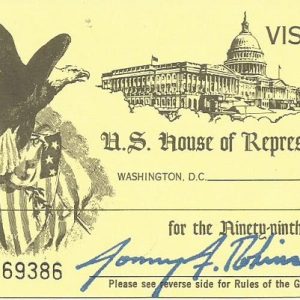 Gallery Pass
Gallery Pass
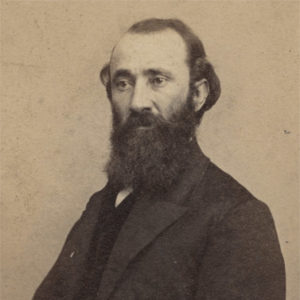 Edward Gantt
Edward Gantt
Gantt, Edward W.
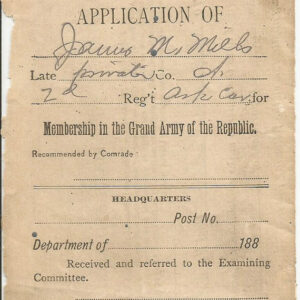 GAR Application
GAR Application
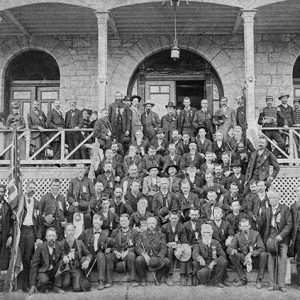 GAR Gathering
GAR Gathering
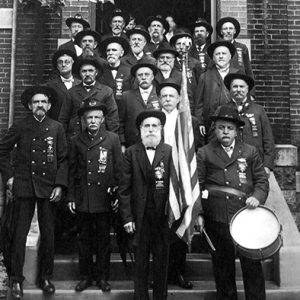 GAR McPherson Post No. 1
GAR McPherson Post No. 1
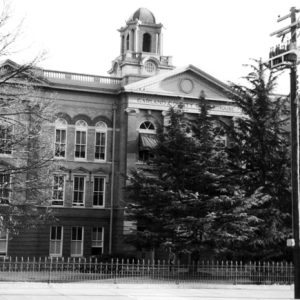 Garland County Courthouse
Garland County Courthouse
Garland County Courthouse
Garland, Augustus Hill
Garland, Rufus King
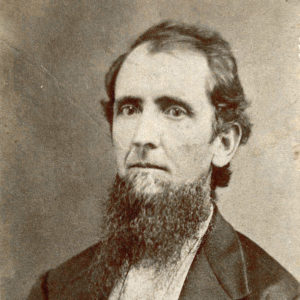 Rufus King Garland
Rufus King Garland
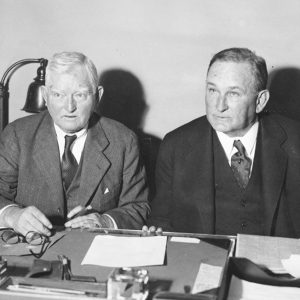 Garner and Robinson
Garner and Robinson
Gathings, Ezekiel Candler “Took”
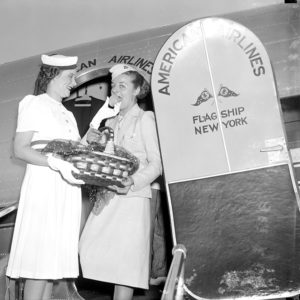 Tolise Gathings
Tolise Gathings
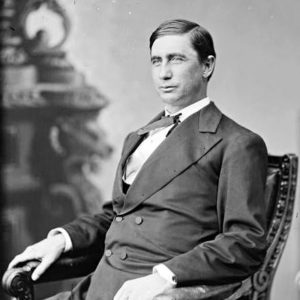 Lucien C. Gause
Lucien C. Gause




